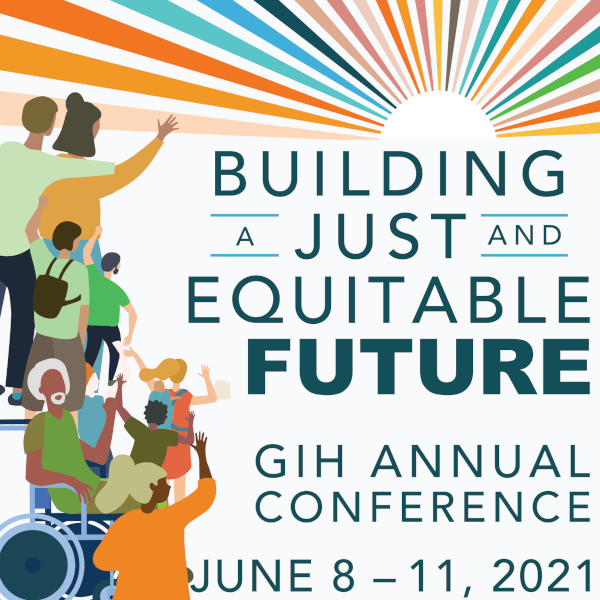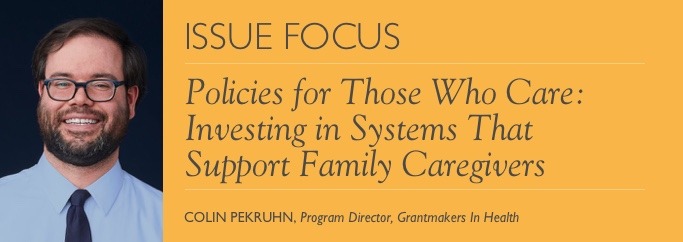COVID-19: Grantmaking to Support Children and Older Adults
The COVID-19 pandemic has touched everyone, but the youngest and oldest among us are being disproportionately affected. This webinar explored how these two groups are being impacted by the pandemic – older adults, from a mortality and morbidity perspective, and youth due to a disruption of childcare and education.
Policy Opportunities to Advance Palliative Care in States
On this webinar, participants learned about the practical strategies philanthropy can use to advance access to palliative care in their states and communities.
Including the Person in Person-Centered Care
On this webinar, funders discussed successful and effective strategies to authentically partner with people with complex needs and truly advance person-centered policy and programming.
Care Partners: Bridging Families, Clinics, and Communities to Advance Late-Life Depression Care
An important conversation discussed the successes and challenges in implementing collaborative care interventions and next steps to build on these models to improve late-life depression care.
Policies for Those Who Care: Investing in Systems That Support Family Caregivers
Across the country, more than 45 million family members are providing care for older adults with chronic, disabling health conditions. There are a multitude of reasons why health grantmakers should be concerned about this, ranging from caregivers’ critical role in managing the needs of complex care patient populations to the manifold short- and long-term impacts caregiving has on the health and wellness of caregivers themselves.
Policies to Support Caregivers: Opportunities for Philanthropy
On this webinar, participants learned about the current state of family caregiving policy and efforts to create new and innovative policies across the country.
Blueprint for Complex Care: Opportunities for Philanthropy in Healthcare and Social Services
This webinar shared the Blueprint for Complex Care’s recommendations for strengthening the field, how foundations are using the blueprint in their current and future grantmaking, and how funders can collaborate to improve the lives of those with the most complex needs.



